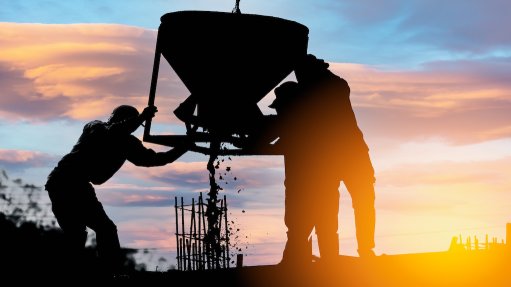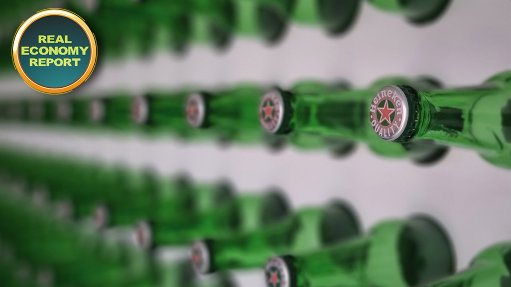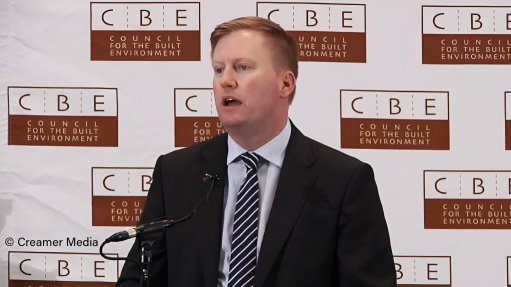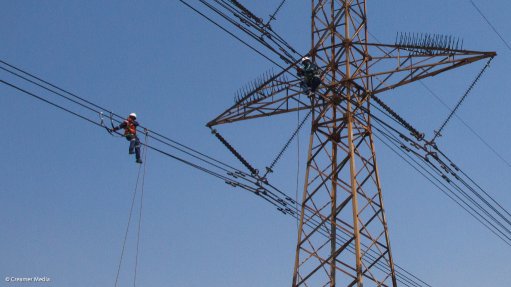How the African Energy Forum could help unblock longstanding energy challenges
This article has been supplied.
By Aleem Tharani, Partner, Bowmans Kenya
Against the backdrop of an ongoing, Africa-wide energy crunch, observers are optimistic that the African Energy Forum in Nairobi could be the catalyst for removing some of the decades-old blockages to energy investment.
Across the continent, with the possible exception of certain countries in North Africa, African nations have long been struggling to produce enough energy to meet their needs, and the capacity crunch has been getting worse, not better.
This is despite the rise of renewables and the continent’s abundant solar, wind, geothermal and hydro resources, not to mention new opportunities around the revitalisation of the carbon credits market, the scaling up of green hydrogen and the energy transition generally.
Before Africa can take advantage of these opportunities, there are some major problem areas to address and now is the time to re-look at these challenges and deliver sustainable long-term solutions which will finally unlock the project development bottlenecks affecting the energy sector in most African countries.
The African Energy Forum is the single most important gathering of African energy decision-makers and the fact that it is finally coming home to mainland Africa presents an opportunity to hit the reset button and address the issues that have long been bogging down the African energy industry.
In a state of limbo
We are currently in a state of limbo because of the following contradiction: As stakeholders and key players in the African energy market, we position ourselves to the outside world as champions of green and renewable energy and yet, when one looks beyond the surface at actual projects that have been delivered over the past few years, there is little evidence to suggest that we have come even remotely close to fulfilling our undeniable potential.
This contradiction manifests itself in several ways during the project development and financing cycle. However, more recently, it has manifested in the increasing regulatory, administrative and cost burdens being added to the load that investors and financiers are expected to carry.
One such example has been the recent changes in tax and fiscal policies in various jurisdictions that seek to revoke or claw-back some of the crucial exemptions that make high capex renewable energy projects economically viable.
With most economies taking significant macroeconomic strain (perhaps due to over-leveraging in the international debt markets and dealing with the consequences of the Covid-19 pandemic), governments are under pressure to remove or dilute these incentives in an effort to broaden their tax bases and ensure that they can meet debt service obligations or comply with IMF requirements in respect of debt assistance.
Passing this burden back on to investors will of course make energy projects more expensive and increase the cost of power at a time when consumers are already battling the cost-of-living crisis. In addition, any attempts to revoke tax exemptions which have been factored into the financing and cost of existing projects would trigger stabilisation and change-in-tax relief under the relevant power purchase agreements and result in tariff adjustments – which would again be a cost passed down to the energy consumer.
While issues such as removing tax incentives are recent, most of the challenges besetting the African energy industry are not. Key bankability issues such as mitigating off-taker credit risk, securing long-term access to indefeasible land rights, and developing new transmission infrastructure to unlock the potential of untapped / suppressed demand have long been issues that various public and private sector stakeholders in the energy sector have grappled with. But, to-date, no long-term sustainable solutions have been proposed to deal with these key sector-wide issues.
Off-taker credit risk is a classic challenge of African energy brought about by poor credit ratings (and payment records) of government-owned utilities. A related challenge is the lack of cost-reflective tariffs / consumer subsidies which results in off-takers constantly playing catch-up with their cost bases (i.e. the price at which power is procured from IPPs).
The problem of off-taker credit risk and non-cost-reflective tariffs has already been debated for decades, with little progress made. The same can be said for the state of transmission networks in most Sub-Saharan African countries – South Africa being the latest country to experience the dramatic consequences of a lack of transmission infrastructure investment over many years.
Land issues are always at the forefront in African energy projects and understandably so. Still, governments need to guard against throwing the baby out with the bathwater by requiring investors to shoulder all the risks and costs associated with procuring project land rights (including wayleaves and rights of way which are required by developers for the construction of large-scale transmission projects).
Shortage of bankable projects, not capital
Our experience with clients in the sector is that there is plenty of capital available for renewable energy projects but not enough bankable projects.
Kenya has had no new private sector-led renewable energy projects commence construction for two and a half years (and although it is said to have some energy reserves, the margin is razor-thin). Tanzania is having similar challenges with respect to developing IPP projects due to the lack of state-backed guarantees / credit enhancement to protect investors and lenders against off-taker non-payment.
These challenges have been around for many years and, like all problems left unattended, are becoming larger and harder – and more expensive – to fix. Populations are growing but energy supply is not, and without energy security, economic stability is elusive.
The upside is that all the key players with the power to act will be in the same room at the African Energy Forum in Kenya from 20 to 23 June. Policymakers, regulators, investors, lenders, sponsors and insurers from many African countries will be there.
If there is one event this year that has the potential to galvanise the African energy industry out of its limbo, this is it. For Africa’s sake, may it live up to that potential.
Comments
Press Office
Announcements
What's On
Subscribe to improve your user experience...
Option 1 (equivalent of R125 a month):
Receive a weekly copy of Creamer Media's Engineering News & Mining Weekly magazine
(print copy for those in South Africa and e-magazine for those outside of South Africa)
Receive daily email newsletters
Access to full search results
Access archive of magazine back copies
Access to Projects in Progress
Access to ONE Research Report of your choice in PDF format
Option 2 (equivalent of R375 a month):
All benefits from Option 1
PLUS
Access to Creamer Media's Research Channel Africa for ALL Research Reports, in PDF format, on various industrial and mining sectors
including Electricity; Water; Energy Transition; Hydrogen; Roads, Rail and Ports; Coal; Gold; Platinum; Battery Metals; etc.
Already a subscriber?
Forgotten your password?
Receive weekly copy of Creamer Media's Engineering News & Mining Weekly magazine (print copy for those in South Africa and e-magazine for those outside of South Africa)
➕
Recieve daily email newsletters
➕
Access to full search results
➕
Access archive of magazine back copies
➕
Access to Projects in Progress
➕
Access to ONE Research Report of your choice in PDF format
RESEARCH CHANNEL AFRICA
R4500 (equivalent of R375 a month)
SUBSCRIBEAll benefits from Option 1
➕
Access to Creamer Media's Research Channel Africa for ALL Research Reports on various industrial and mining sectors, in PDF format, including on:
Electricity
➕
Water
➕
Energy Transition
➕
Hydrogen
➕
Roads, Rail and Ports
➕
Coal
➕
Gold
➕
Platinum
➕
Battery Metals
➕
etc.
Receive all benefits from Option 1 or Option 2 delivered to numerous people at your company
➕
Multiple User names and Passwords for simultaneous log-ins
➕
Intranet integration access to all in your organisation


















